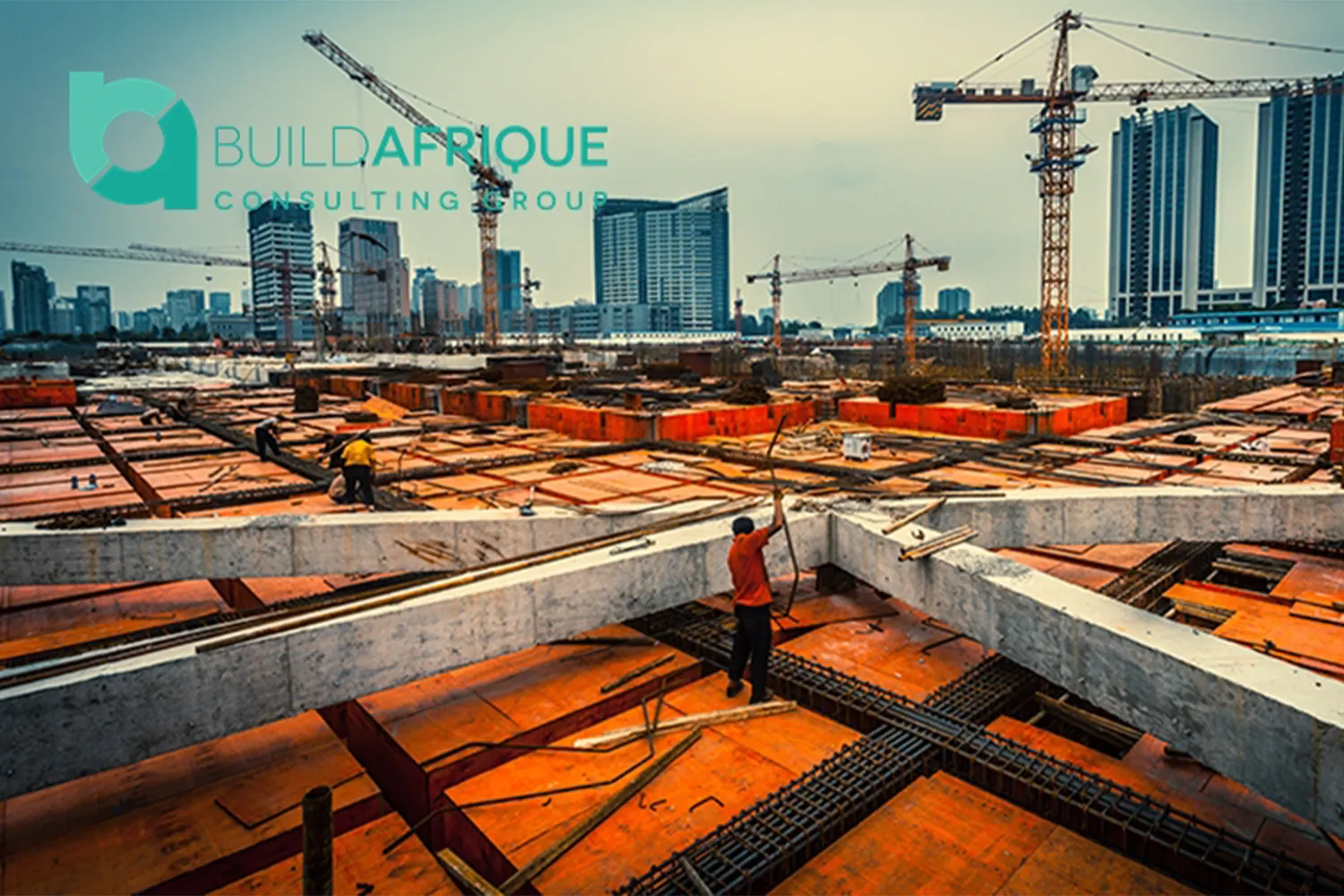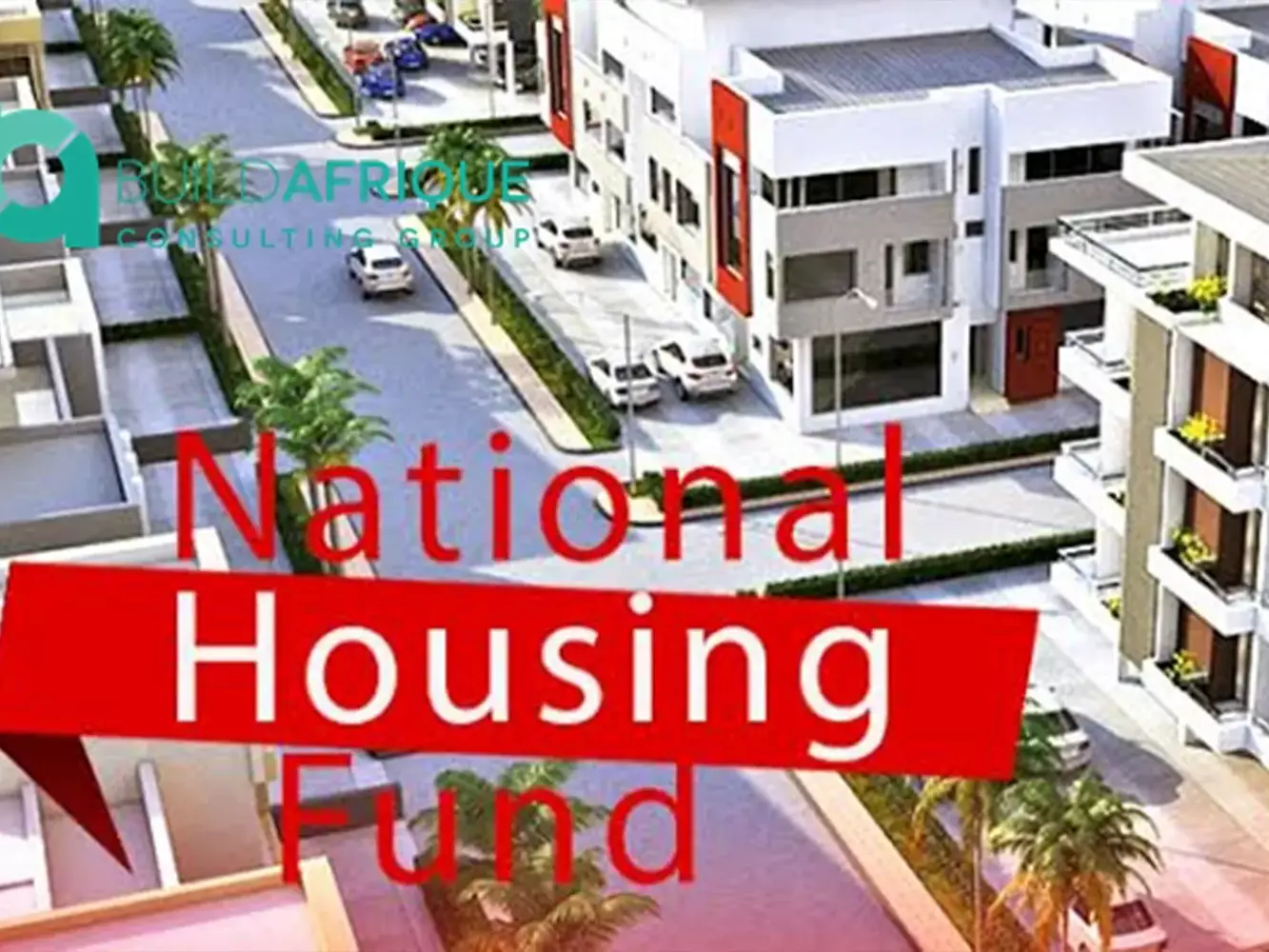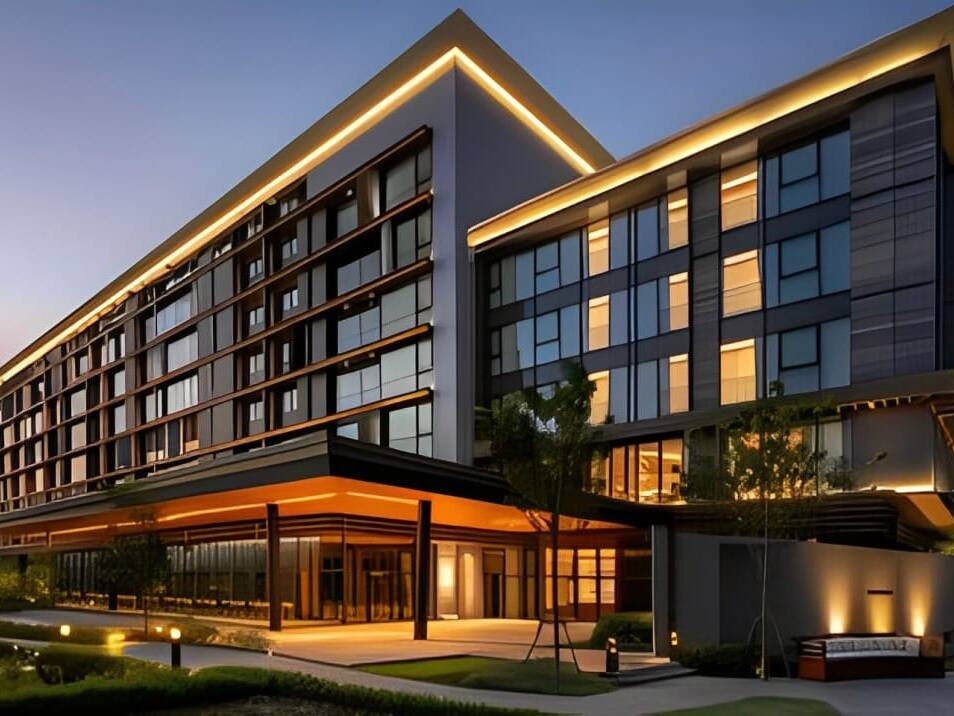Insights
Globalization in Real estate – Ethical dilemmas to anticipate in the Kenya Real Estate Sector in 2018

With globalization, capital for real estate has increasingly made its way across borders, reaching record levels in Direct Foreign Investments especially in African Countries in recent years. The diversification has helped provide stabilization through diverse capital and technical solutions in the global real estate sector, which has allowed developers and builders help global clients achieve their investment strategies. However, this phenomenon has introduced a level of volatility as the market adjusts to local market dynamics and conditions. Similarly, the topic has occupied the headlines of major publications in the recent decades where there are different arguments on the merits and otherwise of the process of globalization from the perspective of developing countries. In Kenya, it has been an inescapable element as many construction projects required for the country’s socio-economic development is far beyond the capability of the local industries to undertake. Today’s article discusses globalization in the real estate sector, and the associated ethical dilemmas to anticipate in Kenya’s property market in the year 2018.
Commercial land exploitation
In a developing country where land is cheap and attractive to investors, land acquisitions are conducted by private investors from industrialized countries which can wreak havoc on land intended for agricultural use. And although this has captured the attention of community-minded watchdogs such as the UN, land exploitation is set to increase as regulatory measures are set up.
In Kenya, the encroachment has left the area under coffee in the country decrease sharply to 114000 ha in the 2015/2016 crop year and a decreased crop output of 40500 metric tons down from 130 metric tons in 1987/1988. Local commercial real estate developers should be aware to partner with global investors that support environmental protection and sustainability.
Environmental impact
The issues of the environment have been topical since the 1980s and more internationally in the mid-80s. It is a common belief that countries should only pay attention to the environment and endeavors to protect it when they attain a high level of socio-economic development. However, the issue to preserve the environment should be of a greater interest to developing countries as they face severe environmental problems. Developers face ethical dilemmas where laws governing pollution, waste, and contamination are loose. Kenya, for example, has a fragile environment faced with high levels of land degradation in forms such as erosion, aridity, drought, and flooding.
Additionally, there is the case of rapid urbanization with its associated problems of air pollution and pressure on existing infrastructure. These are some of the issues that are expected to accelerate owing to the lack of managerial expertise, financial resources, and effective legal systems to deal with the issues through the enforcement of command and control measures, and economic instruments such as grants, taxes, and subsidies. It will be important to look at the construction activity cycle from sourcing of raw materials to recycling, and reuse of demolition waste.
Work Place Safety
 Most developers face a number of ethical issues related to workplace safety in the construction industry. Different countries have specific Occupational health safety practices. In a number of developing countries, however, while these regulations are provided for, they are not sufficient in providing adequate safety management.
Most developers face a number of ethical issues related to workplace safety in the construction industry. Different countries have specific Occupational health safety practices. In a number of developing countries, however, while these regulations are provided for, they are not sufficient in providing adequate safety management.
While the construction industry is a major employer in the country, work sites are increasingly becoming dangerous and hazardous for artisans, craft technicians, and engineers as OHS practices are treated as a compliance issue rather than a moral issue.
The International Labor Organization estimates that 10 percent of the GDP in developing countries may be lost due to occupational incidents and accidents. Still, the lack of sensitization on safety issues among professionals in the sector remains wanting. Local developers need to partner with investors in practice of the labor standards set forth by ILO and other regulatory bodies.
Cultural compatibility
Research shows that project procurements and administration arrangements currently in use in developing countries have been inherited from developed countries which have a different history, collective experience, culture, and a breadth of construction expertise. The administration arrangements determine documentation procedures and practices in the industry while stressing on formality as well as following a set of channels of communication and practices.
Failure to consider and incorporate cultural traits in the procurement systems of various construction projects in Kenya is a major contributor to the generally poor performance on projects. For instance, the Hotel English Point in Mombasa had to change tune after the business model failed to be in a tandem with the project’s status. The low returns from luxury homes sales forced the business to restructure its operational model. Investors must therefore consult with advisors familiar with diverse business customs to ensure compatibility works for, and not against a particular investment.
Though industries face disruption forces, the unique dynamics of real estate make the challenges of disruption particularly steep. The planning, delivery, and management of real estate property require long-term vision projection. Its leaders and stakeholders will need to better anticipate the future state, by consciously adopting to new ideas matched with fitting business models and high levels of ethical practices for suitable growth.
This article is written by Buildafrique Consulting Group; a Kenya Real Estate Consultant and Development Solutions provider that offers End-to-End Financial, Development Management, and Investments Solutions in Real Estate, to allow Developer, Investors, and prospective Home Owners manage risks and realize value for their investments in a fast-evolving Real Estate market.
Contact Us today for Solutions to your Challenge in Real Estate Investments and Project Development:
- Email: [email protected]
- Tel: +254 722 474285 / + 254 20 8058493
- Website: www.buildafrique.com
Related
Insights
Hotel And Hospitality Investment Feasibility Studies Experts In Kenya
Buildafrique is a Hotel and Hospitality Investment Feasibility Studies Expert in Nairobi…
Feasibility Study Expert Consultants in Kenya – Nairobi, Thika, Nakuru, Mombasa, and Kisumu
Buildafrique are Feasibility Study Consultants Company and Market Research Expert in…






